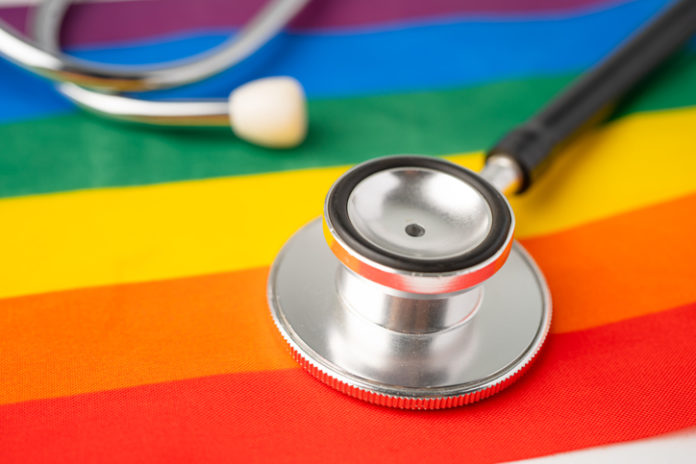
“Of all the forms of inequality, injustice in healthcare is the most shocking and inhumane “ — Dr.Martin Luther King. Jr
Healthcare is a fundamental right for everyone, regardless of their ethical, sexual and economic background. While there is a heightened awareness about closing the gaps in the system and creating equality, one of the influential groups that suffer from this injustice is the LGBTQ community. This community faces enormous discrimination while receiving healthcare, leading to additional psychological stress.
Challenges
- 1 in 3 LGBTQ Americans are facing some level of discrimination
- 62% of transgender people face higher disparities and lack of treatment
- 1 in 2 LGBTQ Americans with psychological impacts such as anxiety, depression, and isolation
- 15% of them avoid receiving healthcare to prevent discrimination
- 51% of the community faces sexual harassment – 36% in the workplace; 21% at school; 20% in an apartment community; 15% through interactions with law enforcement; and 14% somewhere else.
Our LGBTQ community struggles heavily from discrimination, which directly impacts their physical health, mental health, and economic status. According to the CDC report, 20.5% of lesbian, gay, and bisexual adults smoked, compared to 15.3% of heterosexual adults. We are aware that smoking increases the risk for coronary heart disease, stroke and lung cancer, and other health conditions. People who identified as lesbian or gay were more than twice as likely as people who identified as heterosexual to have a “severe” alcohol or tobacco use disorder, while people who identified as bisexual were three times as likely to b substance use disorder.
Current transformation
Healthcare organizations are increasingly focusing on creating a patient-centric model and driving member retention and expansion by driving focus from a consumer point of view rather than a patient point of view which includes better infrastructure and virtual care options, placing SDOH as one of the critical pointers in valued care and making healthcare overall accessible and affordable. As Dr. Imamu Tomlinson states, “Fortunately, cultural and technological advances open new possibilities. I’m convinced that the future of care delivery exists at the intersection of medicine, health systems, and technology, where care is delivered to patients on their terms.”
While SDOH is becoming a hyper focal point, what about our LGBTQ community? A health equality index (HEI) has been created to provide healthcare equally to all LGBTQ individuals and their families. This initiative involves implementing policies such as
- LGBTQ +Patient- centered care
- LGBTQ + inclusive patient non-discrimination policy,
- LGBTQ+ inclusive visitation policy,
- LGBTQ+ inclusive employment non-discrimination policy, and
- Staff training in LGBTQ+ patient-centered care.
These policies are critical to enhancing the adoption and execution of healthcare in an equitable and sustainable format. Apart from this, to add advanced rigor to such issues, we should consider the following :
Accelerated transformation
- LGBTQ+ courses must be integrated into medical schools for physicians, nurses, and administrators to educate themselves further on the issues and policies.
- LGBTQ+ training programs for teachers in schools to create a sense of inclusivity and belonging during the early stages
- LGBTQ+ Specific community clinics to be established to address vulnerable communities
- LGBTQ+ Support groups would need to be elevated and amplified in communities
- Encourage parents and patients of minors to share sexual orientation and gender identity data (SOGI) to be able to receive better care
- Implement collecting and reviewing SOGI data in clinical settings, also understanding that sexual orientation is not always equal to gender identity.
Last but not least, collecting feedback from patients and practicing continuous improvement would be vital to improving healthcare DEI practice. Our gender, sexual orientation, culture, and varying backgrounds do not diminish our right to receive good healthcare.








